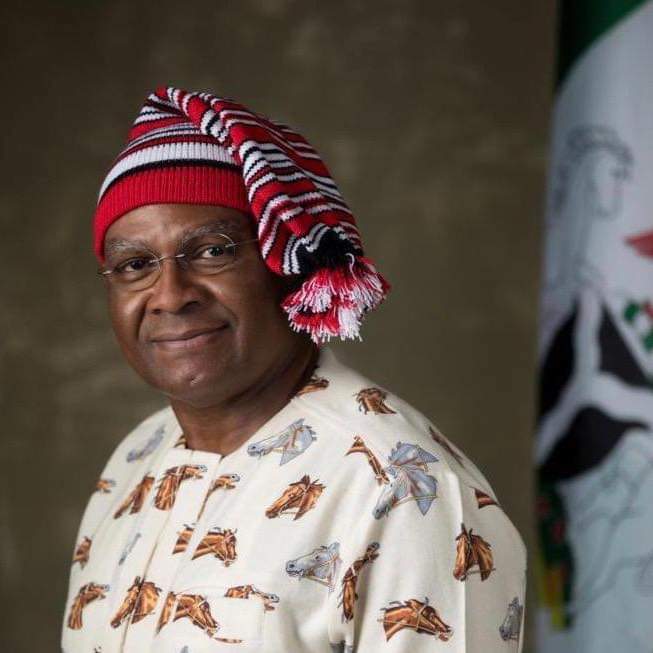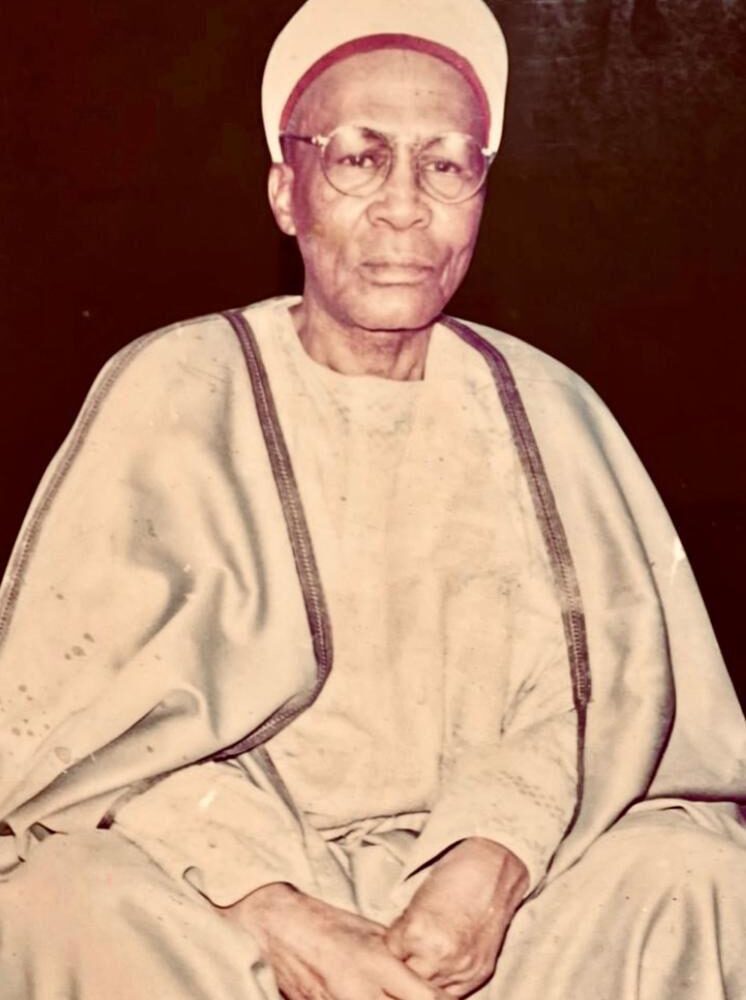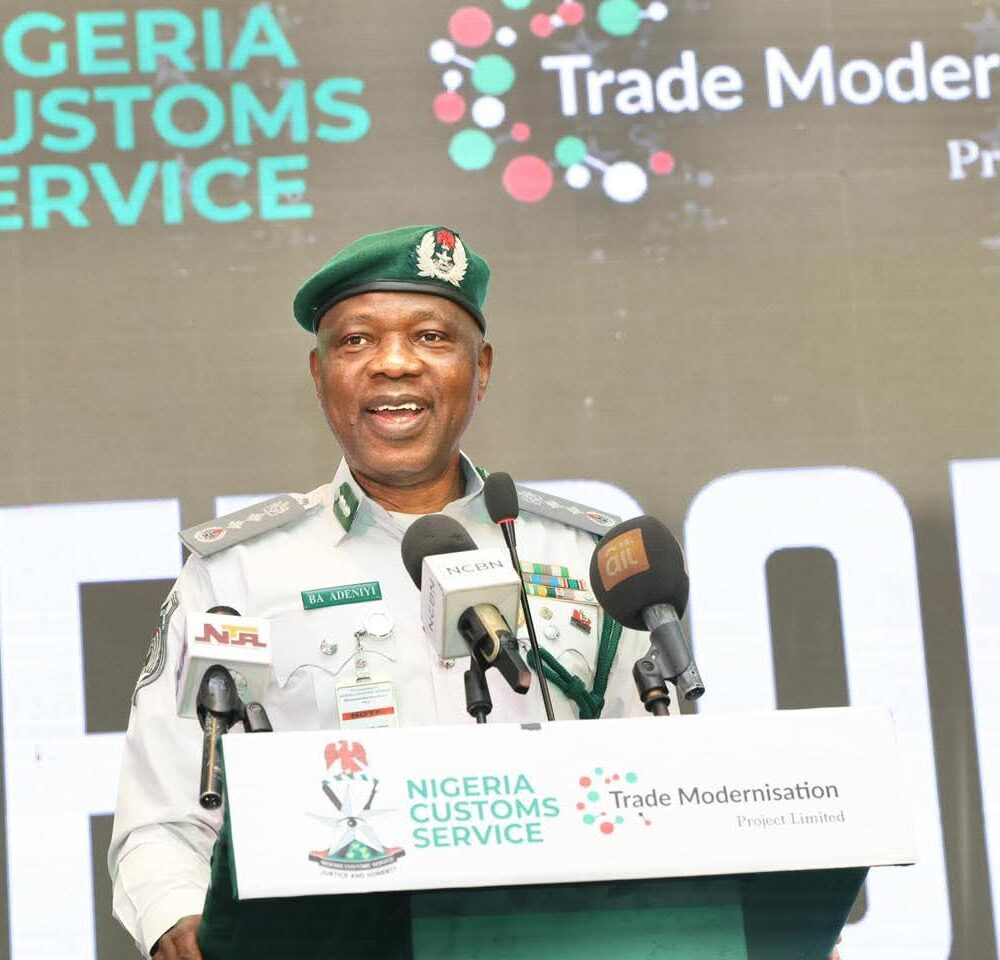Senator Chimaroke Nnamani, former Governor of Enugu state and progenitor of Ebeano political dynasty could be likened to a patriot who in the beginning of a change is a scarce man but brave, hated and scorned. But when his cause succeeds , the timid joins him, for then , it costs nothing other than sacrifice to be a patriot.
It will be uncharitable to view Chimaroke Nnamani and his political trajectory from one perspective or narrative. This is because he is a man of many parts who plays his politics in an extraordinary way.
He does not join the crowd. He does his things based on personal convinction even if he stands alone or seams controversial.
For instance, one of the major challenges he faced as the then governor of Enugu State between 1999 and 2007 was his resolve to redefine the politics of Enugu State to wit; where sons and daughters of the common man can become somebody.
Unarguably, he achieved some measures of success but in the process, Nnamani unwittingly “retired” the former political leaders and recruited younger elements to take charge of affairs in Enugu State. It was then “Chi Boys in Power”.
Recall that before his emergence as governor in 1999, the politics of Enugu stood on a tripod. It was former Governor of old Anambra State, Chief Jim Nwobodo in the East, his second republic contemporary, Chief C. C Onoh in the West and the Okwesilieze Nwodos in the North that held sway in the coal city State.
Nnamani changed the status quo and expectedly incurred the wrath of political godfathers. It took him extra measures to survive the battle with the aggreived political godfathers throughout his eight years in office. He founded and branded the political structure in Enugu State as “Ebeano political family”, which means, “This is where we belong.” This refinement attracted everyone to the platform.
Till date, irrespective of some changes or political alignment or realignment, the Ebeano political family continues to produce successive leaders; Governors, Deputy Governors, Senators, Members of House of Representatives, Ministers, and Local Government Council officials in the State.
Ironically, Nnamani’s political offsprings on whose stead he incurred the anger of former leaders were the first to do “Ben Johnson” when he had issues with some authorities shortly after he left office in 2007.
His successor Sullivan Chime, Former Deputy Senate President Ike Ekweremadu and a host of other hitherto loyalists did not look his way anymore.
Nnamani was then forced into a temporary political exile until 2019 when fortune smiled upon him to return to the Senate once again.
Today, Nnamani marks his 63 years sojourn on earth . On this special day, though without fan fare, he celebrates his life, modest achievements and unwavering commitment to making the society a better place.
As a political leader, he has been a guiding light for many young Nigerians. His steadfastness in leadership, vision, and unwavering dedication to humanitarian services is an inspiration to the younger generation.
He has been tireless in advocating for the marginalized and underprivileged, and has worked to create a more just and equitable society for all.
Through his hard work and dedication, he has achieved many milestones, including significant advancements in the education sector, healthcare, infrastructural development, and social welfare. His commitment to the promotion of peace, tolerance, and understanding has earned him the respect and admiration of people from all walks of life.
In the Senate, Nnamani is reputed for being the advocate for women emancipation and empowerment.
He believes that women rights are fundamental human rights to live free from violence and discrimination. He canvassess against gender based violence, wants education for women and the girl child as well as gender parity .
He has consistently bemoaned harmful cultural practices against women such as genital mutilation, denial of right to inheritance, discrimination in work places, unequal access to Education as well as disparity in wages. He believes that an empowered woman is an asset to the nation in the quest for soco- political and economic advancement.
Looking back at history, Nnamani has reasons to believe that the Igbos of the South East geopolitical zone have not been fairly treated in the Nigerian political equation. That is why he continues to strive hard to see that the Igbos no longer play fringe politics anchored on emotions or sentiments but launch into the mainstream national politics.
For Nnamani, like the legendary Chinua Achebe puts it, ” if you know where the rain started beating you, then you are likely to know where it stopped”.
He recalled that Nigeria started as a nation of equal rights and opportunities for all. He noted: “Our founding fathers of Nigeria; Azikiwe , Awolowo, Abubakar Balewa and others recognized Nigeria’s multi-ethnic nationality and accommodated all interests.
“So, we had a transition from colonial government to independence. We (Igbo) were one among the three regions; Eastern Nigeria, Western Nigeria, Northern Nigeria, then Midwest Nigeria joined. For the purposes of maybe quick achievement of a victory then, States were created.
“Today, the Igbo nation, as it were, the Eastern Nigeria are within one geographical zone out of six. So, you can say essentially that the Igbo nation is within one geographical zone out of six.
“Even though at the end of the fratricidal war, we talked about no victor, no vanquished, the East clearly is still suffering from serious dilapidation in terms of infrastructure. That is why I believe that advocacy is important to address the imbalance.
“For example, if you are doing North-East Development Commission for the North-East, you should also be doing South-East Development Commission for the South East because as they say, whatever is good for the Goose is also good for the Gander.
“And you cannot be talking about rail system without talking about South East. How do you talk about rail system in Nigeria without Port Harcourt-Aba-Enugu, without Onitsha-Enugu. You can talk about Lagos-Ibadan, Lagos-Benin-Onitsha, it’s okay. Talk about Abuja-Kaduna-Kano, but to talk about rail system in Nigeria without South East is a non starter, it’s a pure non-starter.
“Even the colonial masters understood the importance that was why we had rail system from Port Harcourt, Aba, Enugu and went all the way through Zungeru in Niger State to the North and came down to Lagos.
“So, we shall be discussing and demanding for representation of the South East in appointments, quality appointments with the new administration. We are going to talk about involvement of the South East under the new administration.
“We are going to talk about infrastructure, roads of the South East. We are going to talk about representation, adequate representation in all spheres of life.
“And more importantly, we are going to talk about dignity of the Igbo Man. So, as others talk about the Great Nigeria, the Igbos will also talk about Great Nigeria”.
Nnamani stated: “I have a social burden for Nigeria and there is an urgent need for this giant of Africa to wake up because it has contributed immensely to the peace and development of other African countries.
“The project Nigeria is sacrosanct and to ensure that every part of Nigeria gets what they deserve as an integral part of this country.
“I am interested in the indigent, the debate on how to tackle duplication of resources as well as statistics on birth and death because of the importance of data to national development,”
“ My advocacy going forward is to humbly appeal to the new administration to ensure that equity and fairness is served in all matters of development.
Some may view his forefront role he played in last Presidential Election when he openly canvassed for the election of All Progressive Congress ( APC) Presidential candidate Bola Ahmed Tinubu as controversial and against the tide in the South East then but he was convinced that the general interest and good of his people will be better served joining the mainstream national politics. Yes, he paid a price for it because his people turned against him . But he is sure the interest of the people will be better under a Tinubu national government. He envisage a better tomorrow for the people under a Tinubu led government.
Born on May 30, 1960 in Port Harcourt, Rivers State, Nnamani hails from Agbani in Nkanu West local government area of Enugu State. He attended the Methodist Primary School, Enugu and College of Immaculate Conception (CIC), Enugu. He is a graduate of the College of Medicine, University of Nigeria (Enugu Campus) before proceeding to the United States of America for his specialisation as a surgeon.
He had his post- graduate training in the State University of New York and the Inter-faith Medical Center/Down State Medical Center, Brooklyn New York (Obstetrics and Gynecology).
His post Graduate training and research continued at the Perinatal Biology Center, Loma Linda University, Southern California; Molecular biology and Tissue Cytology Laboratory, Jerry Pettis Veterans Administration Hospital, Loma Linda, California; Department of Obstetrics and Gynecology and Perinatal Biology, College of Medicine (with specialisation in maternal fetal medicine) as well as College of Medicine, University of South Florida.
He was appointed as a Visiting Professor of Physiology, Obstetrics and Gynecology at Enugu State University of Science and Technology (ESUT) in 2020.
He is a fellow of the American College of Obstetrics and Gynecology (FACOG) as well as Diplomate of the American Board of Obstetrics and Gynecology among others.
At 63, Nnamani looks forward to a greater Nigeria where everyone is free to ply his legitimate trade in any part of the country without fear of intimidation or molestation. He wants an egalitarian society where peace, justice and fairness remains a doctrine.
*Mumeh writes from Abuja.





